According to the CDC, in 2008, 142,950 Americans were diagnosed with colorectal cancer and 52,857 died from it. It is one of the most common and most deadly of all cancers. A group of Swedish scientists recently found that a protein from milk can affect how fast colon cancer cells grow, and reduce their grown in time.
How does it work?
The study was based on the fact that cancer cells have certain flaws in the repair mechanisms of their DNA. The researchers first damaged the DNA of colon cancer cells by exposing them to the ultraviolet rays, and they exposed them to the Lfcin4-14. They found that a milk protein Lfcin4-14 (lactoferricin4-14) significantly reduces the growth of colon cancer cells by extending the cycle of the chromosome replication. They concluded that the treatment with Lfcin4-14 caused the DNA repair.
A milk protein lfcin4-14 (lactoferricin4-14) is known for several health benefits, from its antibacterial effect to the increase of hemoglobin in pregnant women.
Milk and Health
There is an ongoing debate: do adults need milk in their nutrition or not. Milk is an important part of the diet of children and teenagers, but adults can also enjoy its benefits, as long as they are not lactose-intolerant. Milk is rich in protein, calcium, potassium and vitamin D and is great for keeping osteoporosis at bay for post-menopausal women. If taken fat free, it is great addition to any diet.
Milk has a range of health benefits. Several studies show that milk can play important role in preventing diabetes. An Australian study found that milk improves our cognitive function.
It comes down to whether you like milk or not, but there is no doubt that it should be a part of any normal, healthy diet. If your kids are not lactose-intolerant, get them at least three cups of milk daily. Be imaginative: it can be as a fruit shake, with cereal or a pudding. Cheese and yoghurt are fine too.
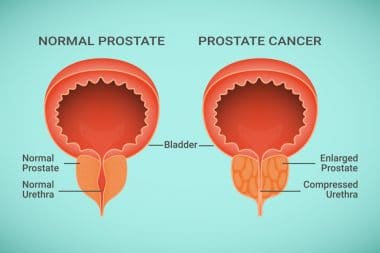
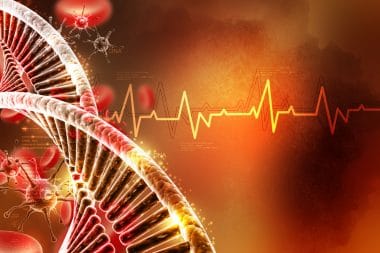
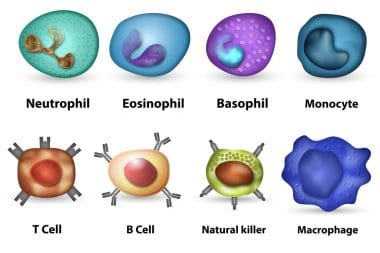
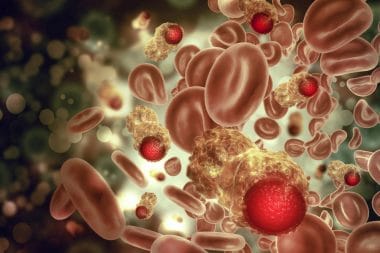

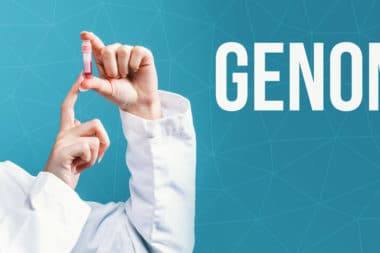
Reply